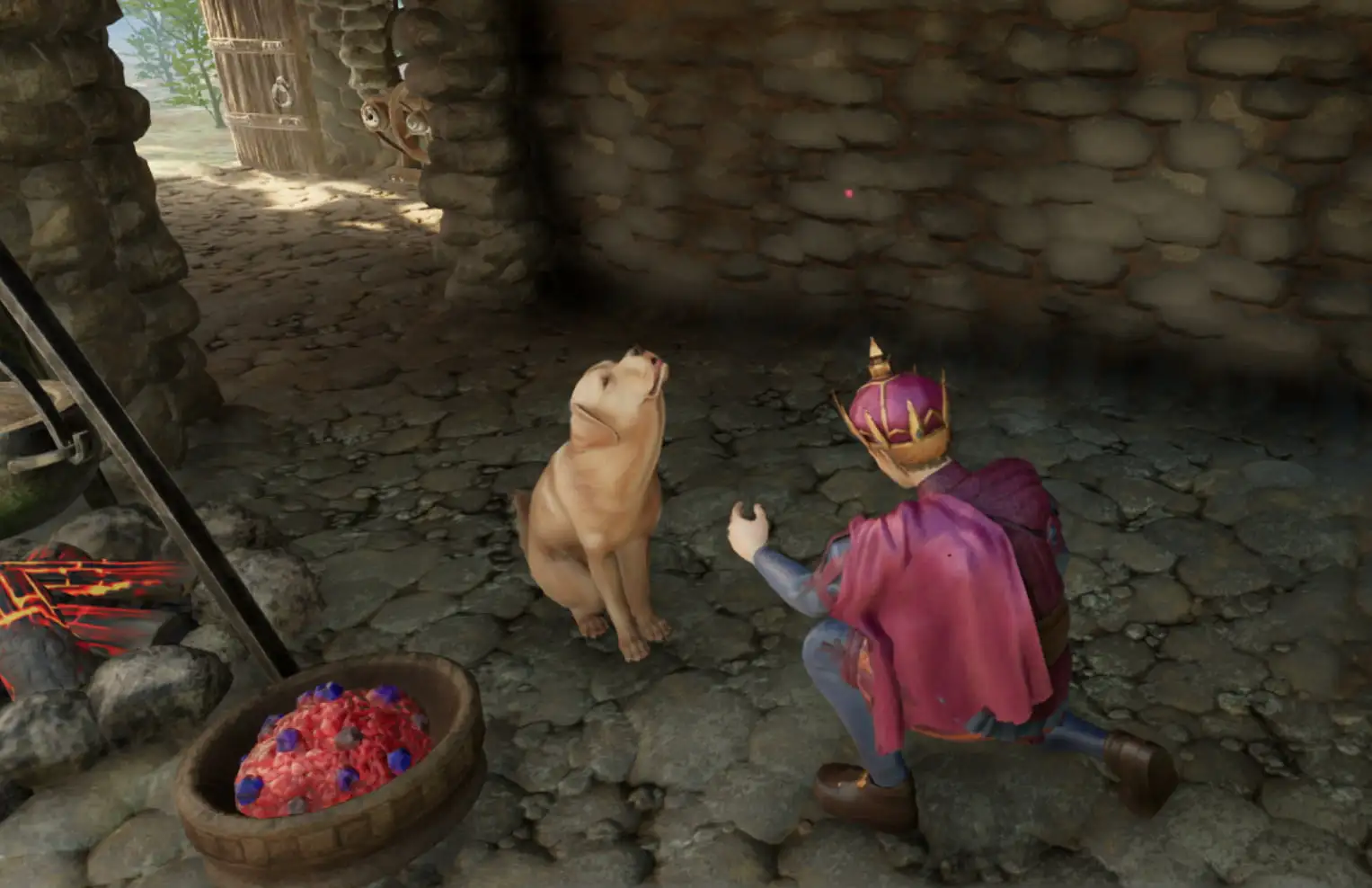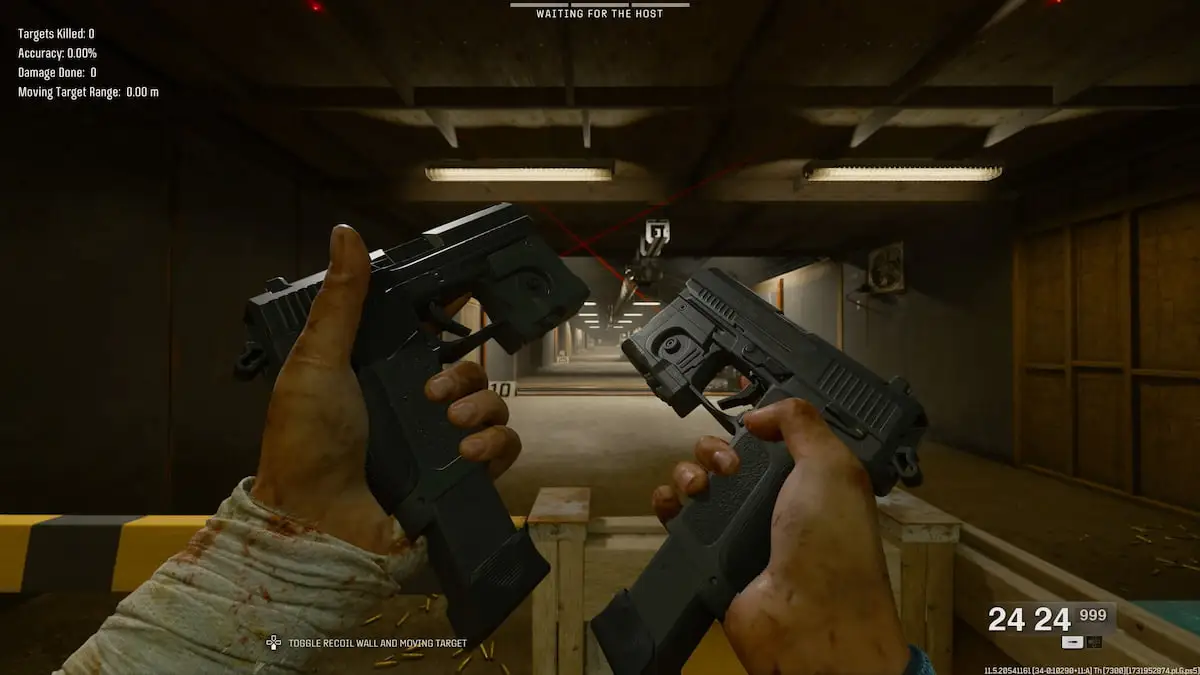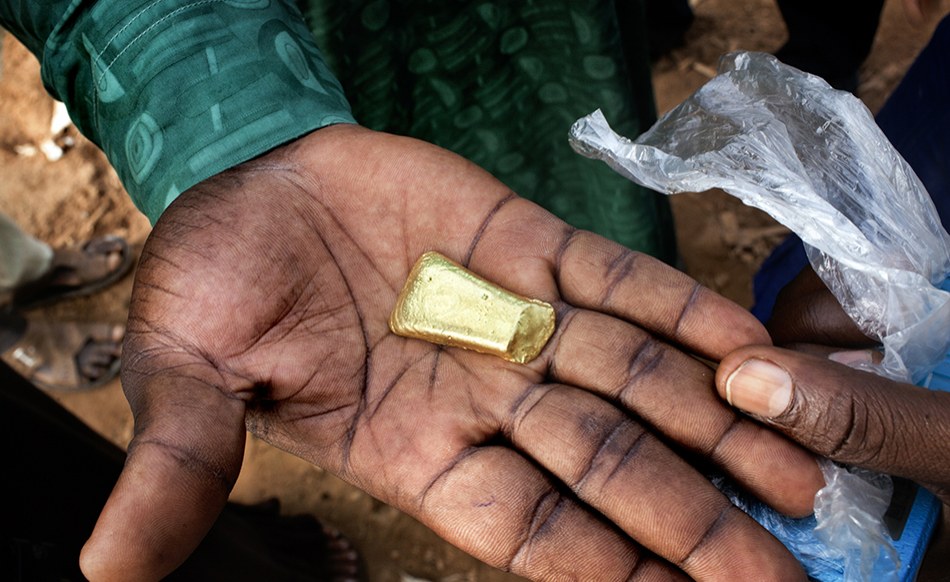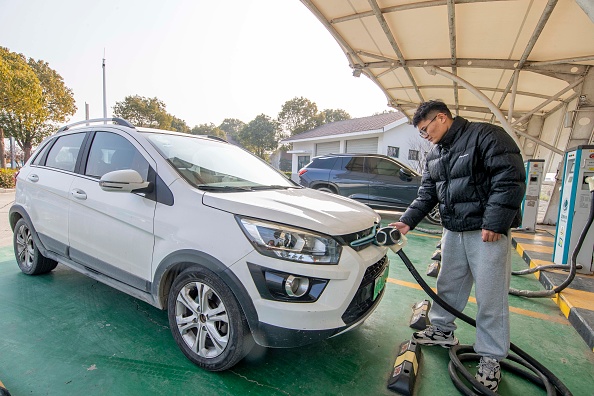The 120,000 ethnic Armenians of Nagorno-Karabakh will leave for Armenia as they do not want to live as part of Azerbaijan and fear ethnic cleansing, the leadership of the breakaway region told Reuters on Sunday.
Armenia’s prime minister also said the Karabakh Armenians were likely to leave the region, and that Armenia was ready to take them in, after a defeat last week at the hands of Azerbaijan in a conflict dating to the fall of the Soviet Union.
The Armenians of Karabakh, a territory internationally recognised as part of Azerbaijan but previously beyond Baku’s control, were forced to declare a ceasefire on September 20 after a lightning 24-hour military operation by the much larger Azerbaijani military.
Azerbaijan says it will guarantee their rights and integrate the region, but the Armenians say they fear repression.
“Our people do not want to live as part of Azerbaijan. Ninety-nine point nine percent prefer to leave our historic lands,” David Babayan, an adviser to Samvel Shahramanyan, the president of the self-styled Republic of Artsakh, told Reuters.
“The fate of our poor people will go down in history as a disgrace and a shame for the Armenian people and for the whole civilised world,” Babayan said. “Those responsible for our fate will one day have to answer before God for their sins.”
The ethnic Armenian fighters had begun giving up their weapons, Babayan said. He said it was unclear when the population would move down the Lachin corridor which links the territory to Armenia, where Prime Minister Nikol Pashinyan has faced calls to resign for failing to save Karabakh.
In an address to the nation, Pashinyan said some humanitarian aid had arrived but the Armenians of Karabakh still faced “the danger of ethnic cleansing”.
“If real living conditions are not created for the Armenians of Nagorno-Karabakh in their homes and effective mechanisms of protection against ethnic cleansing, then the likelihood is increasing that the Armenians of Nagorno-Karabakh will see expulsion from their homeland as the only way out.”
Armenia “will lovingly welcome our brothers and sisters from Nagorno-Karabakh,” Pashinyan said, according to Russia’s TASS news agency.
A mass exodus could change the delicate balance of power in the South Caucasus region, a patchwork of ethnicities criss-crossed with oil and gas pipelines where Russia, the US, Turkey and Iran are jostling for influence.
AZERI VICTORY
Last week’s Azerbaijani victory appears to bring a decisive end to one of the decades-old “frozen conflicts” of the Soviet Union’s dissolution. President Ilham Aliyev said his iron fist had consigned the idea of an independent ethnic Armenian Karabakh to history and that the region would be turned into a “paradise” as part of Azerbaijan.
Armenia says more than 200 people were killed and 400 wounded in the Azerbaijani military operation. The fate of the ethnic Armenian population has raised concerns in Moscow, Washington and Brussels.
Nagorno-Karabakh, known as Artsakh by Armenians, lies in an area that over the centuries has come under the sway of Persians, Turks, Russians, Ottomans and Soviets. It was claimed by both Azerbaijan and Armenia after the fall of the Russian Empire in 1917. In Soviet times it was designated an autonomous region within Azerbaijan.
As the Soviet Union crumbled, the Armenians there threw off Azeri control and captured neighbouring territory in what is now known as the First Karabakh War. From 1988-1994 about 30,000 people were killed and more than a million people, mostly Azeris, displaced.
In 2020, after decades of skirmishes, Azerbaijan, backed by Turkey, won a decisive 44-day Second Karabakh War, recapturing territory in and around Karabakh. That war ended with a Russian-brokered peace deal, which Armenians accuse Moscow of failing to guarantee.
The Armenian authorities in the region said late on Saturday that about 150 tonnes of humanitarian cargo from Russia and another 65 tonnes of flour shipped by the International Committee of the Red Cross had arrived in the region.
“Given the scale of humanitarian needs, we are increasing our presence there with specialised personnel in health, forensics, protection, and weapons contamination,” the ICRC said in a statement.
With 2,000 peacekeepers in the region, Russia said that under the terms of the ceasefire six armoured vehicles, more than 800 small arms, anti-tank weapons and portable air defence systems, as well as 22,000 ammunition rounds had been handed in by Saturday.
Pashinyan, who has publicly accused Russia of failing to support Armenia, said on Friday space for 40,000 people from Karabakh had been prepared in Armenia.
Azerbaijan, which is mainly Muslim, has said the Armenians, who are Christian, can leave if they want.
Around 20 ambulances are due to evacuate some of the wounded from Nagorno-Karabakh to Armenia, a humanitarian source who spoke on condition of anonymity told Reuters.
US secretary of state Antony Blinken, who has held urgent talks with Armenia and Azerbaijan, said on social media: “The US will continue its steadfast support for Armenia and its sovereignty and territorial integrity.”
Reuters
Note: This article have been indexed to our site. We do not claim legitimacy, ownership or copyright of any of the content above. To see the article at original source Click Here












